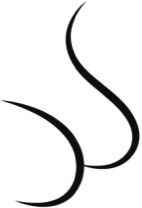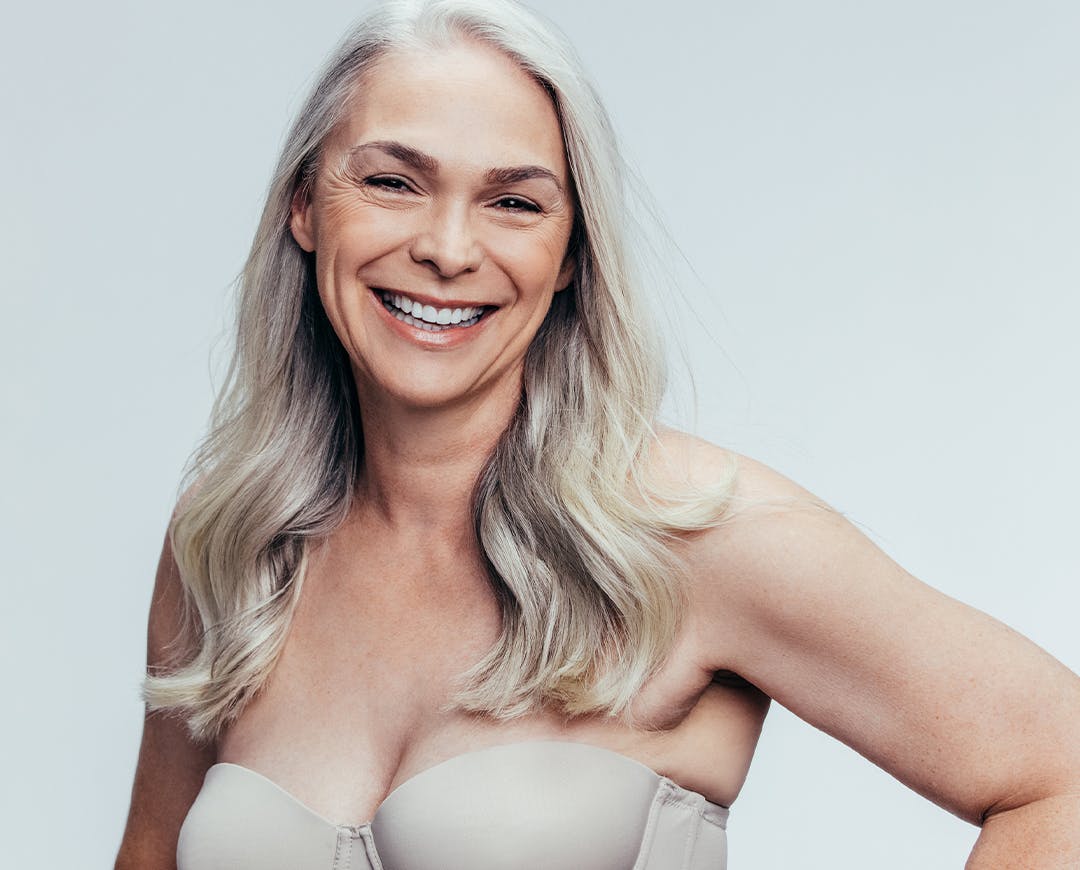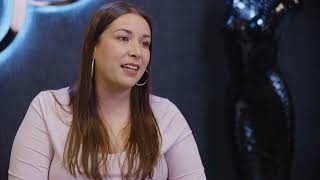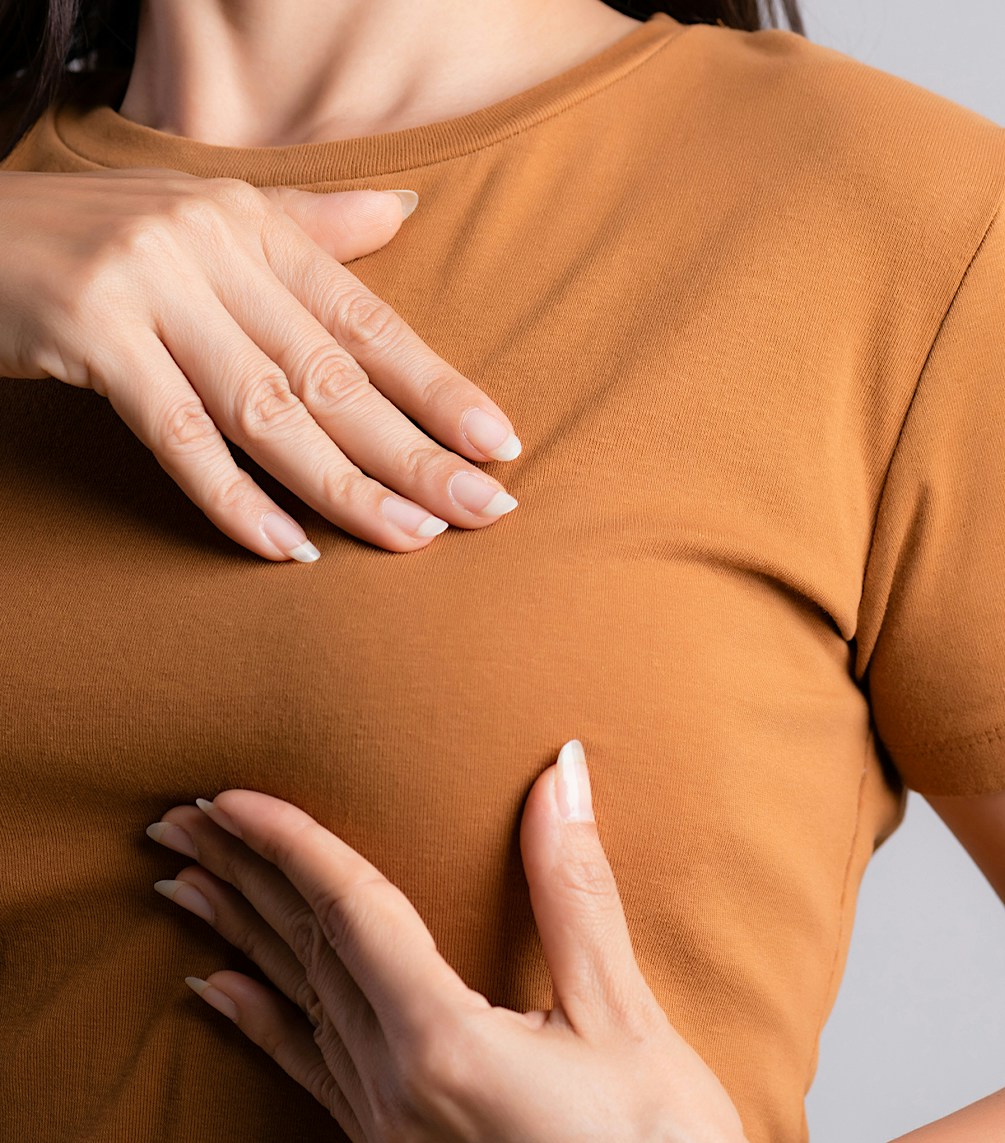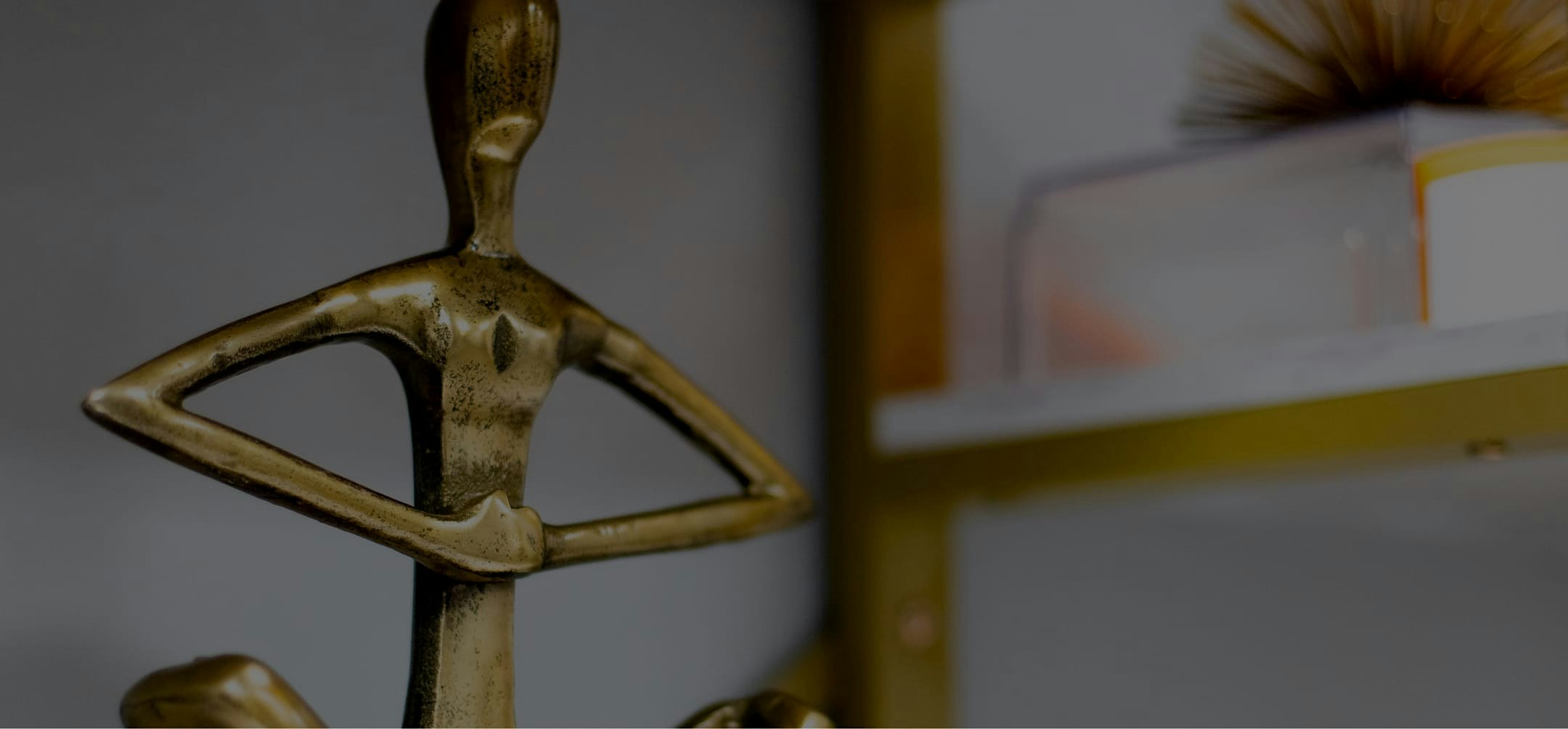Breast reconstruction is often the final step in the breast cancer recovery process, and at the Institute for Advanced Breast Reconstruction, we’re pleased to offer a number of breast reconstruction techniques that truly allow you to move on feeling the best about yourself, without worrying about further surgeries and potential complications. The DIEP flap reconstruction procedure is just one of the ways we can rebuild your breast and restore your femininity, while also optimizing abdominal contour and aesthetics.
When to Consider Other Reconstruction Methods
This particular procedure is not always the right fit for a given patient, which is why we’re pleased to be offering such a robust selection of breast reconstruction options. If you’re not right for the DIEP flap procedure, we’ll work closely with you to determine which method will be ideal.
Some patients might not have enough extra tissue in the belly or abdomen for this procedure to be a viable option. In other cases, previous abdominal surgeries can limit a particular patient’s candidacy for the DIEP flap reconstruction method. That said, Dr. Srinivasa employs a variety of cutting-edge techniques to safely perform DIEP flaps even if you have had previous liposuction or abdominal surgery. If you’re not right for the DIEP flap procedure, Dr. Srinivasa will guide you to the right option.
